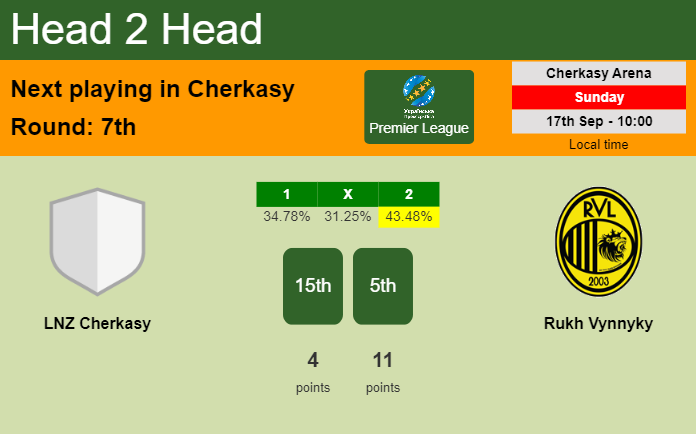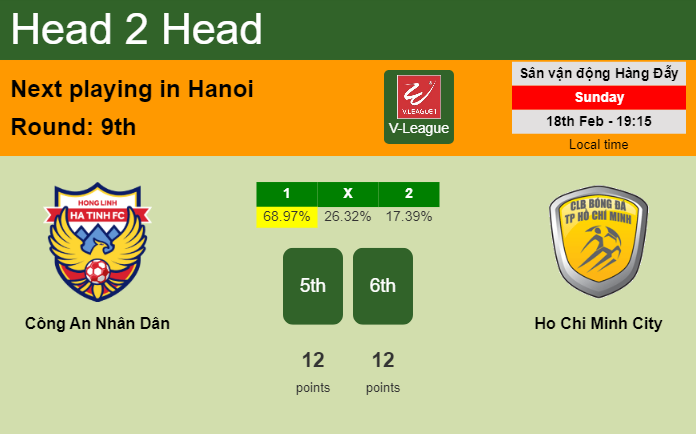The European Union’s highest court has ruled against FIFA and UEFA, major soccer governing bodies, regarding their regulations on the European Super League (ESL). The court found these rules, which required prior approval for establishing a new league like ESL and prohibited clubs and players from participating, to be “unlawful.”
This ruling by the Court of Justice of the European Union (CJEU) stems from a case evaluating FIFA and UEFA’s authority to block the formation of the contentious breakaway league in 2021. The CJEU’s decision holds significant implications for the future landscape of European soccer, eagerly anticipated by clubs, fans, and governing bodies.
Notably, the court clarified that its ruling didn’t mandate automatic approval for projects like the Super League but centered on the legality of FIFA and UEFA rules, not the breakaway league itself.
The verdict sparked reactions across soccer stakeholders. Clubs like Real Madrid and Barcelona, strong proponents of the original ESL, expressed satisfaction. Conversely, fan groups, such as the Football Supporters Association, reiterated opposition to what they deemed an “ill-conceived breakaway super league.” Other clubs like Manchester United reaffirmed commitment to existing competitions.
Political figures, including Margaritis Schinas from the European Commission, weighed in, emphasizing support for a values-driven European sports model and the importance of inclusivity and cohesion in European football.
Legal experts highlighted that while FIFA and UEFA could still prevent clubs from joining such leagues, they would need fairer processes and justifications, unable to enforce blanket restrictions merely to hinder competition.
Following the ruling, A22, a group involved in the ESL’s creation, proposed a new continent-wide competition with teams across various leagues, emphasizing promotion, and relegation dynamics. However, participating clubs were not disclosed during the proposal’s launch.
The CJEU’s ruling highlighted FIFA and UEFA’s potential abuse of their dominant position in organizing football competitions. It underscored the need for transparent, objective, and non-discriminatory criteria in managing conflicts of interest in football organization and media rights exploitation.
A22 celebrated the decision, heralding it as a milestone in football history, claiming freedom for clubs from the threat of sanctions and the ability to determine their futures independently.
UEFA and FIFA responded to the ruling, with UEFA noting the judgment did not endorse the “super league” but acknowledged a need to address pre-existing shortfalls in their framework. FIFA emphasized the importance of sporting merit and competitive balance in football.
The ESL’s initial proposal, aiming to secure elite status for certain clubs regardless of on-field performance, faced immense opposition and was quickly abandoned. Clubs withdrawing faced financial penalties from UEFA, with ongoing debates around the principles of equality in soccer.
Real Madrid and Barcelona persisted with the Super League idea, welcoming the CJEU’s ruling as a pathway to a new elite football competition. They expressed desires to redefine the future path of European competitions.
A22’s proposed competition resembled the ESL but offered more access based on domestic performance and featured streaming options for matches.
However, uncertainties persist, especially regarding club participation. Premier League clubs might not join due to governmental plans to prevent breakaway leagues without consulting relevant football bodies and fans.
In summary, the CJEU’s ruling against FIFA and UEFA has ignited discussions about the future structure of European soccer, but the establishment of a new league still faces uncertainties, pending club participation and regulatory challenges.
⚖️ Hoy más que nunca recordamos que la “Superliga” es un modelo egoísta y elitista.
⚽️ Todo formato que no sea totalmente abierto, con acceso directo, año a año, vía ligas domésticas, es un modelo cerrado.
🇪🇺 El fútbol europeo ya ha hablado. No insistáis, #EarnItOnThePitch.
— LALIGA Corporativo (@LaLigaCorp) December 21, 2023















